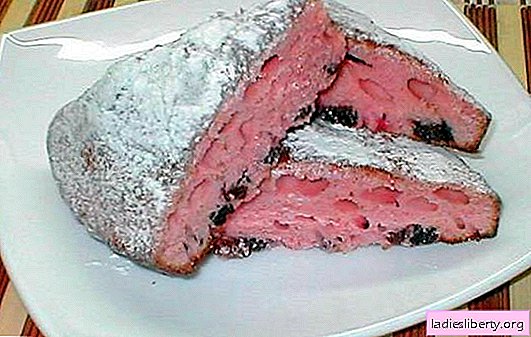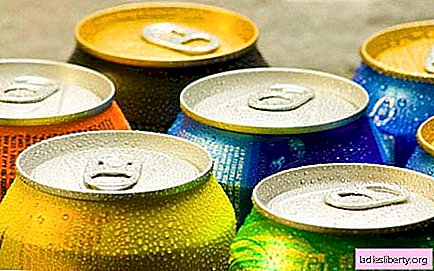
Alcohol addiction is a serious problem for affected people, which requires the help of doctors. Researchers have found that a nasal spray containing oxytocin helps in the fight against alcoholism.
What results were obtained in the new study?
A recent study by National Institutes of Health found that using oxytocin spray counteracts alcoholism. The results of the study were published in the English language journal PLOS Biology.
In experiments on alcoholic rats, the use of oxytocin reduced the overall consumption of alcohol. Oxytocin enhances attachment and is used to treat eating disorders, anxiety and drug addiction.
In the study, alcohol consumption in dependent rats was reduced because oxytocin acts on the GABA receptors in the brain. The hormone, scientists believe, acts in a manner similar to alcohol.
The results of the study will lead to the development of an innovative treatment for disorders related to alcoholism. Alcohol-dependent rats receiving a dose of oxytocin drank less than non-dependent rats.
Oxytocin for the treatment of addiction?
Previous studies have already shown that the administration of oxytocin reduces the intake of various forms of narcotic substances. According to the researchers, the results open up new pharmacological treatments for addiction.
A team of scientists wanted to find out how oxytocin causes positive effects. For this, an animal model of alcohol dependence was used. In a laboratory study, scientists gave a dose of oxytocin to both alcohol-dependent and normal rats.
Experiments have shown that oxytocin administered through the nose blocked alcohol consumption in alcoholic rats, but not in normal experimental subjects.
How does oxytocin work?
Oxytocin enhances the effects of gamma-aminobutyric acid on receptors. The active substance helps, for example, in vision, as well as in the regulation of anxiety. GABA is the main inhibitory neurotransmitter in the nervous system. A chemical substance blocks certain nerve impulses that are transmitted between brain cells.
Alcohol is thought to mimic the effects of GABA in the brain by binding to receptors and inhibiting nerve cell signaling. Excessive alcohol consumption can over-stimulate GABA signaling pathways, leading to alcohol intoxication.
In neurochemical studies, it was found that oxytocin in humans is associated with love, trust and peace. The assumptions are based on experiments conducted by Michael Cosfeld at the University of Zurich.
The Beate Dietzen research team has studied the effects of oxytocin in humans. The nasal spray was found to improve confidence. The results of the study hypothesized that the neuropeptide has a calming and relaxing effect.
Will it cure not only alcoholism?
According to recent data, the hormone is also effective against schizophrenia and autism. In children with autism, increased activity was found in the area of the brain that is responsible for processing social information.
Oxytocin is also the subject of psychology research in the study of social phobias. Hormone enhances envy and joy, as well as overly aggressive behavior.
When will a special spray for the treatment of alcoholics be released?
Researchers have also found that oxytocin enhances the release of GABA in the central core of the tonsil - the part of the brain responsible for anxiety. This is an important area of the brain in the network of neurons that is damaged by alcohol addiction. The results suggest that oxytocin can block excessive alcohol consumption by altering the transmission of GABA in the amygdala.
Scientists show that abnormalities in the oxytocin system may underlie alcohol dependence. New research findings will lead to the emergence of potentially effective treatments for alcoholism.











